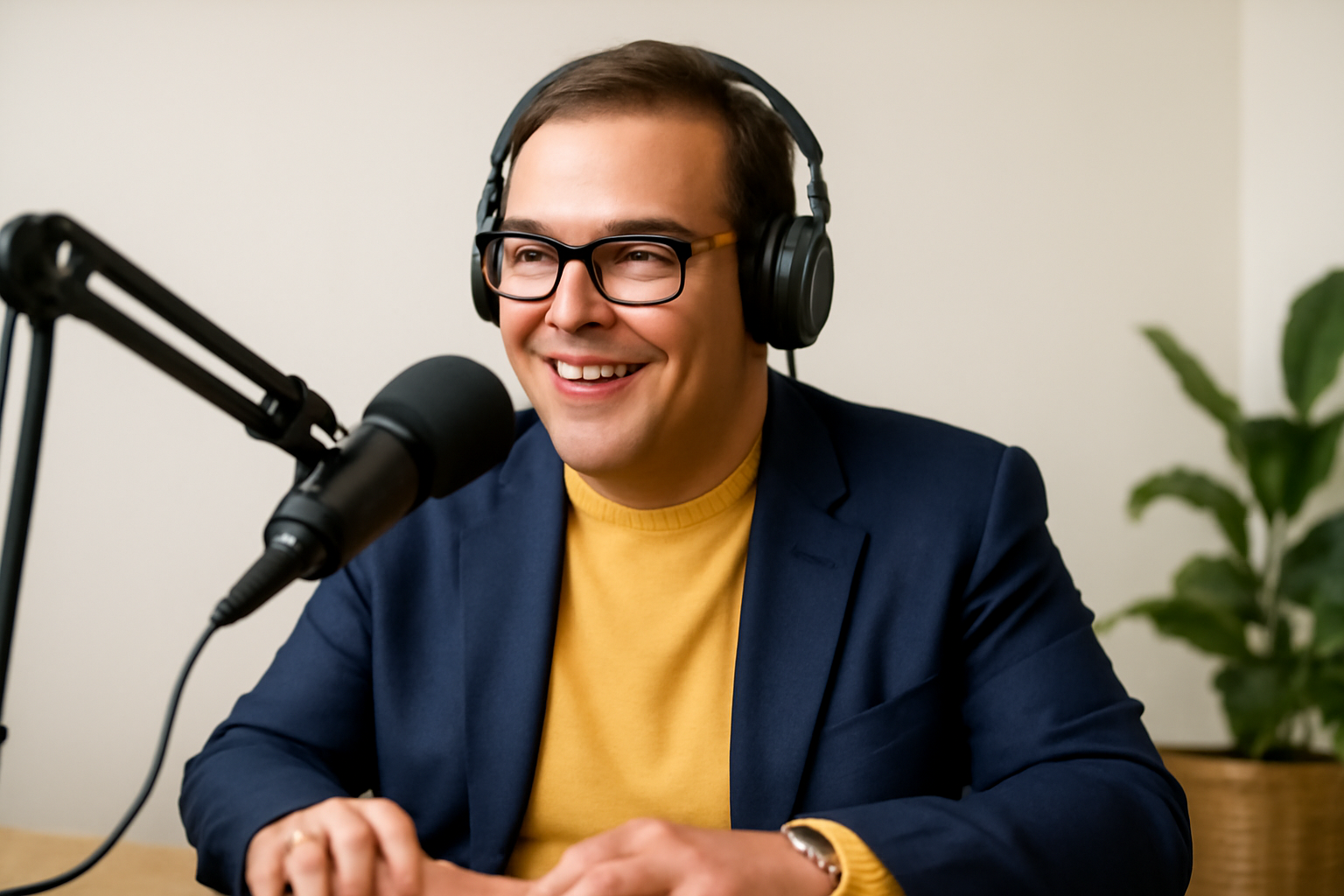
Recently, Representative George Santos has made headlines again by requesting a delay in his upcoming sentencing hearing. The reason he has provided for this postponement is somewhat unconventional, as it relates to his commitments to a podcast that he hosts. This situation has sparked a mix of reactions from the public and media alike, highlighting the intersection between legal responsibilities and digital media commitments in today’s interconnected world.
The Background of George Santos' Case
George Santos, a public figure known for his involvement in politics, has been embroiled in legal issues leading to a sentencing hearing. The details of his case involve charges that have been widely covered by various media outlets, painting a picture of a complex situation that has captured public attention. As sentencing approaches, Santos has found himself at a crossroads, balancing his legal responsibilities with his professional commitments.
The request for a delay in sentencing is not an uncommon legal maneuver, and defendants often have various reasons for seeking such postponements. However, Santos' reasoning stands out due to its connection with his podcasting duties. This request brings to light the unique challenges faced by individuals who have careers that straddle both the traditional and digital realms.
The Role of the Podcast
George Santos' podcast has become a significant part of his public persona, allowing him to connect with audiences on a more personal level. In today’s digital age, podcasts serve as a powerful medium for public figures to express their views, engage with listeners, and build a community around shared interests. Santos' podcast covers a range of topics, often delving into political discourse, social issues, and personal anecdotes.
In his request to the judge, Santos emphasized the importance of his podcasting commitments, stating that it is a crucial platform for him to maintain his voice in the public sphere. He argued that the timing of his sentencing conflicts with planned podcast episodes that are essential for him to fulfill his obligations to his audience and sponsors.
Responses to the Request
The reaction to Santos' request has been mixed. Supporters argue that in the modern age, digital commitments such as podcasting should be given consideration similar to other professional obligations. They believe that the nature of media and communication has evolved, and legal systems should adapt to these changes.
Critics, however, see this move as an attempt to shirk legal responsibilities under the guise of media obligations. They argue that legal matters should take precedence over professional engagements, regardless of their nature. This perspective highlights ongoing debates about how new media formats are valued in relation to traditional legal and professional systems.
The Broader Implications
This case raises important questions about how the judicial system can accommodate the evolving landscape of professional commitments. As more individuals engage in digital media production—whether through podcasts, YouTube channels, or other platforms—the need to understand and integrate these roles into existing legal frameworks becomes increasingly pertinent.
Santos' situation underscores the growing importance of digital media in public life and the potential challenges it presents. It also prompts a discussion on how legal systems can balance respecting digital commitments while upholding the rule of law.
Ultimately, the decision on whether to grant the postponement rests with the judge, who must weigh the merits of Santos' request against the broader principles of justice and fairness. Regardless of the outcome, this case is likely to set a precedent for how similar requests are handled in the future.
Related Posts
Triumphant Trans Woman Wins Legal Battle and Inspires Others to Stand Up for Their Rights
Breaking new ground: a landmark victory in transgender rights After battling in courtrooms and enduring endless challenges, Diana Portillo, a transgender woman, has secured a monumental victory in her decade-long fight against workplace discrimination. The result? Nearly $1 million awarded in a historic settlement. But this isn't just a win on paper—it represents a powerful precedent in combati [...]
Pride Month in Latin America: Protests and Demands for Equality
**Celebrating Pride and advocating LGBTQ+ rights in Latin America** Pride Month in Latin America was a lively mix where celebration met activism. Communities united, not just throwing a party but making a stand—demanding equality and pushing governments toward better protection and rights recognition. Throughout Latin America, pride events erupted in marches and cultural displays, each with a c [...]
Transgender Erasure Actions Implemented by National Park Service
```html Trump administration's impact on national park service and transgender recognition The Trump administration made notable moves in undermining transgender representation, which included directing agencies like National Park Service not include "T" and "Q" when they refered “LGBTQ” in any official communication. This move seems part a broader plan by this administration aimed at reducin [...]